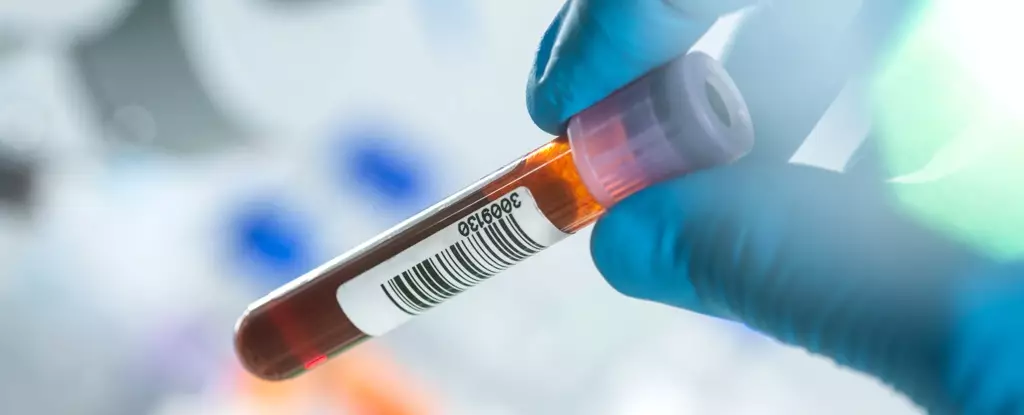In a groundbreaking move, the U.S. Food and Drug Administration (FDA) has authorized the first blood test that can detect Alzheimer’s disease, a moment hailed by healthcare professionals and advocates alike. Developed by Fujirebio Diagnostics, this innovative test measures specific protein ratios in the blood linked to amyloid plaques—the telltale signs of Alzheimer’s found within the brain. Until now, diagnosing this often devastating condition required invasive brain scans or spinal fluid analysis, posing significant challenges for early intervention. The simplicity and accessibility of a blood test could dramatically shift how we approach Alzheimer’s, allowing for earlier diagnosis and, consequently, earlier treatment interventions.
Statistics Speak Volumes
Alzheimer’s disease casts a wide net, affecting more individuals than breast cancer and prostate cancer combined. FDA Commissioner Marty Makary noted the staggering statistic that approximately 10% of people aged 65 and older are currently affected, with projections suggesting that number could double by 2050. This highlights an urgent need for proactive strategies in combating the disease. The new blood test is not merely an addition to diagnostic tools; it embodies hope for patients and families dealing with this insidious condition, signaling the potential for transformative treatment pathways.
Current Treatments and Future Potential
While current FDA-approved treatments, such as lecanemab and donanemab, target amyloid plaques and can modestly slow cognitive decline, they do not offer a cure. The efficacy of these treatments appears to be enhanced when initiated earlier in the disease’s progression. Thus, the unveiling of a blood test that can assist in making timely diagnoses is critical. Early intervention may extend the period of cognitive functionality and independence for patients, turning the tide on a disease that otherwise inexorably erodes memory and autonomy.
A Paradigm Shift in Alzheimer’s Care
The implications of this blood test reach far beyond mere detection; they suggest a paradigm shift in Alzheimer’s care. According to Michelle Tarver from the FDA’s Center for Devices and Radiological Health, the clearance of this test brings a vital tool into the diagnostic arsenal that enables earlier, potentially life-altering decisions for treatment. Importantly, while the blood test is a promising advancement, results will need to be contextualized with additional clinical factors, ensuring that misdiagnosis is minimized.
Equitable Access and the Future of Alzheimer’s Diagnosis
However, amidst the optimism is a critical dialogue concerning equitable access. As with many medical advancements, the true success of this blood test will hinge on its availability across diverse healthcare settings, particularly in underserved communities. Ensuring that every patient has access to this potentially life-changing diagnostic tool is vital if we are to see a genuine impact on the prognosis of Alzheimer’s disease. In this technological age, it is incumbent upon us to leverage innovations not as privileged assets, but as universal resources that can benefit everyone.
With the advent of this blood test, a beacon of hope shines for millions impacted by Alzheimer’s, embodying aspirations not just for diagnosis, but for a future where neurological health is prioritized and preserved.


Leave a Reply